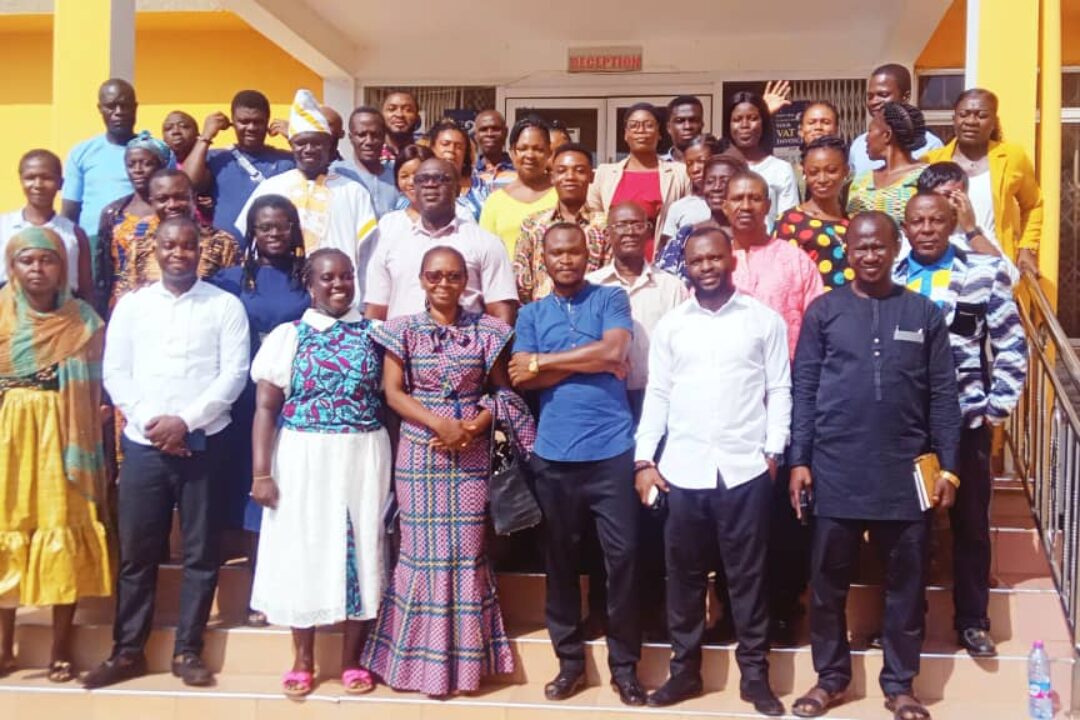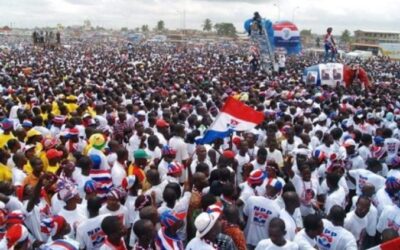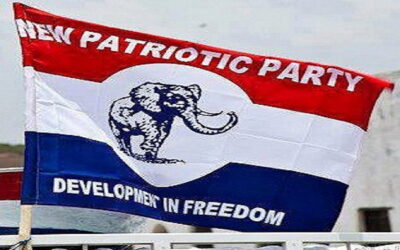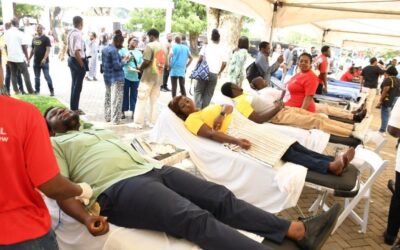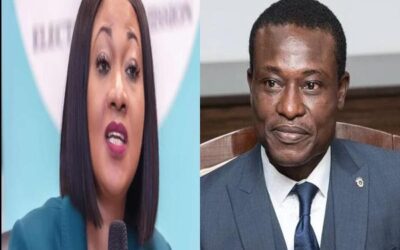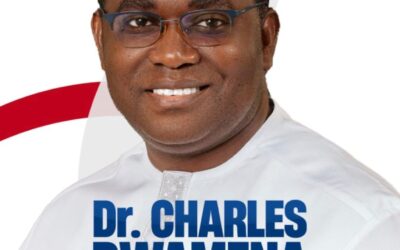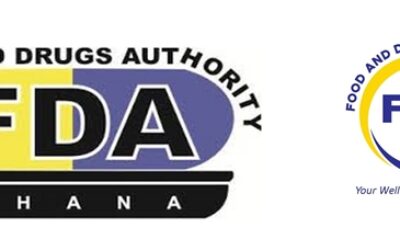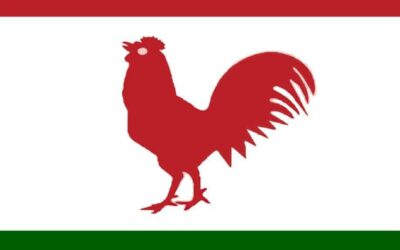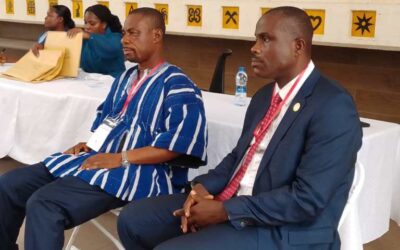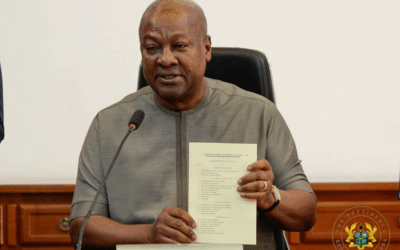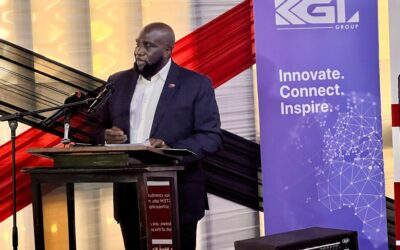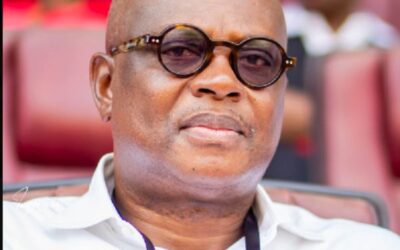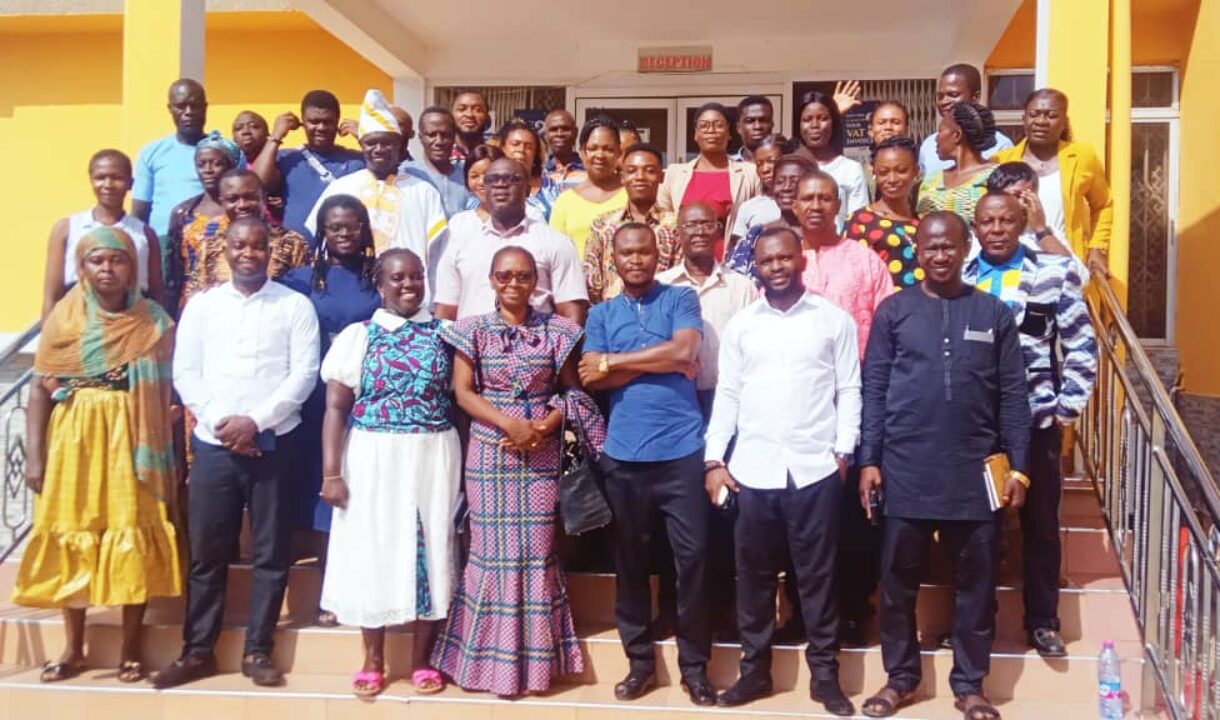By Charles Ampong
Ghana Network on Environment, Society and Corporate Accountability (GHANESCA), has urged the 43 member organisations (NGOs) to use available media platforms to publish their daily activities so that their sponsors can see their activities.
Dr Frank Baffour -Ata was speaking at a two-day capacity-building and training workshop for Ghana Network on Environment, Society and Corporate Accountability (GHANESCA) in Kumasi.


The workshop, which was held from 15 to 16th April 2024, was on the theme: “Strengthening Members’ Capacity for Efficient and Sustainable Organisations.”
He said NGOs sponsors are largely based in foreign countries and the only way through which they can be seen and heard the activities of NGOs is when they are published on the various media platforms.

“NGOs sponsors are sitting in other countries and they are not magicians to see what you are doing here in Ghana. The only way to convince them is to frequently publish your activities on available media platforms,” he stressed.
Speaking on the theme: “Effective Media Engagement and Communication for effecient and sustainable organizations”, a lecturer at the Department of Environmental Science at KNUST, Dr. Frank Baffour-Ata, underscored the benefits associated with media engagements.

He said effective media engagement helps to build trust between NGOs and donors. It helps to convince them that funds released are used appropriately.
He reminded the participants to let the public know about pressing issues such as environmental challenges and humanitarian crises.
Besides, he reminded them that though engagement with the media is pivotal in their operations, that shouldn’t mar their vision as NGOs.
A renowned lawyer and lecturer, Dr. Renee Ako Sitsofe Morhe, who also spoke on the theme: “Promoting Human Rights, Gender Equality and Women and Girls by NGOs”, charged the participants to follow complaint procedures or partner human rights lawyers whenever the need arises.
She said NGOs could team up to address the concerns of the people.
According to her, environmental degradations, for instance, which has become Ghana’s bane is another area where NGOs can come together and sue the government because it has signed international protocols.
She reminded the participants that it is their democratic rights to demonstrate peacefully on environmental issues to draw the attention of the government.
On his part,Mr Richard Adjei-Poku, who is the founder, and Executive Director of Livelihood & Environment Ghana-LEG, also a grant advisor of the Global Greengrants Fund (GGF) took participants through GGF grant application and reporting process. Mr Adjei-Poku advised participants to register in at least two of the social media platforms (LinkedIn and Facebook) so that GGF and other donors may see their viability.
LEG is a research and advocacy not-for-profit and non-governmental organization established in 20 years ago to promote community rights and mineral governance, provide sustainable livelihood of marginalized people in society and enhance environmental sustainable.
Profile:
GHANESCA is a 43 member organizations from all the sixteen regions of Ghana from different sectors including mining, oil and gas, gender, climate change, environment, agriculture, women’s rights, forestry and academia who have come together to promote mineral sector policy and governance, human rights, environmental Justice and climate change, gender mainstreaming, sustainable liveluhood, women and girls empowerment and inclusion, biodiversity conservation and sustainable agriculture.


